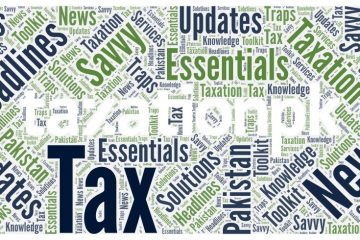Maintaining accurate and comprehensive business records is crucial for any taxpayer. The Federal Board of Revenue (FBR) in Pakistan mandates specific record-keeping practices for businesses earning income under the “Income from business” head. This article demystifies these requirements, helping you ensure smooth compliance and avoid potential issues.
What Records Must You Maintain?:
- Financial Transactions: Record all income and expenses, detailing the amounts received/paid and the purpose of each transaction.
- Sales & Purchases: Track all sales and purchases of goods and services, including quantities, values, and supplier/customer details.
- Asset & Liability Management: Maintain a clear picture of your business assets and liabilities, including their nature and value.
- Cost Breakdown (Manufacturing, etc.): If you’re involved in production, processing, or manufacturing, meticulously record material, labor, and other input costs.
Embracing Technology:
- Electronic Cash Registers and Accounting Software: If you use fiscal electronic cash registers or computerized accounting software, you can utilize the generated cash-memo/invoice/receipt for record-keeping purposes.
Additional Points to Remember:
- Duplicate/Electronic Copies: Keep duplicate copies or electronic records of all issued cash-memos/invoices/receipts/patient-slips as part of your official records.
- Retention Period: All records, physical or electronic, must be retained for five years after the relevant tax year.
Benefits of Proper Record-Keeping:
- Simplified Tax Filing: Accurate records ensure smooth and efficient tax filing, reducing errors and potential penalties.
- Enhanced Financial Understanding: Comprehensive records provide invaluable insights into your business’s financial health, aiding informed decision-making.
- Audit Preparedness: Maintaining proper records minimizes stress during tax audits, as you can readily present necessary documentation.
Remember:
- Accuracy is Paramount: Ensure all records are accurate, complete, and readily available for verification.
- Stay Informed: Regularly update your record-keeping practices to comply with any changes in FBR regulations.
- Seek Professional Guidance: If navigating the complexities seems daunting, consult a tax advisor for expert assistance.
By understanding and fulfilling these record-keeping requirements, you can operate your business with confidence and ensure compliance with FBR regulations. Remember, meticulous record-keeping is a valuable investment in your business’s long-term success.






